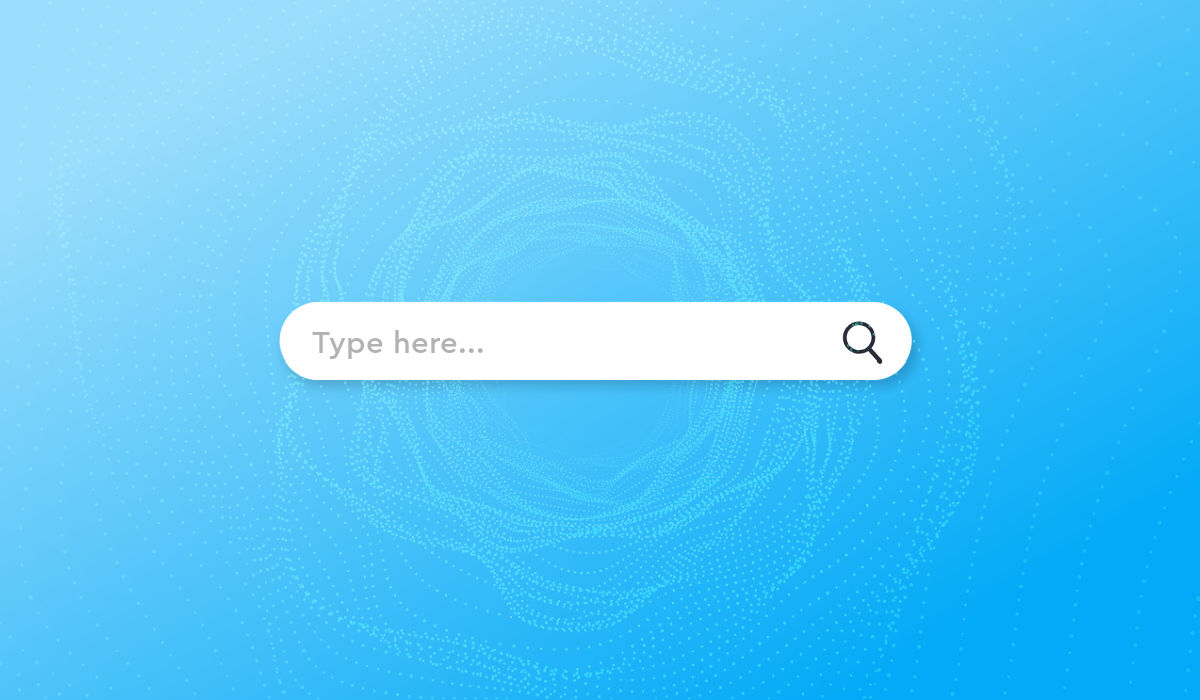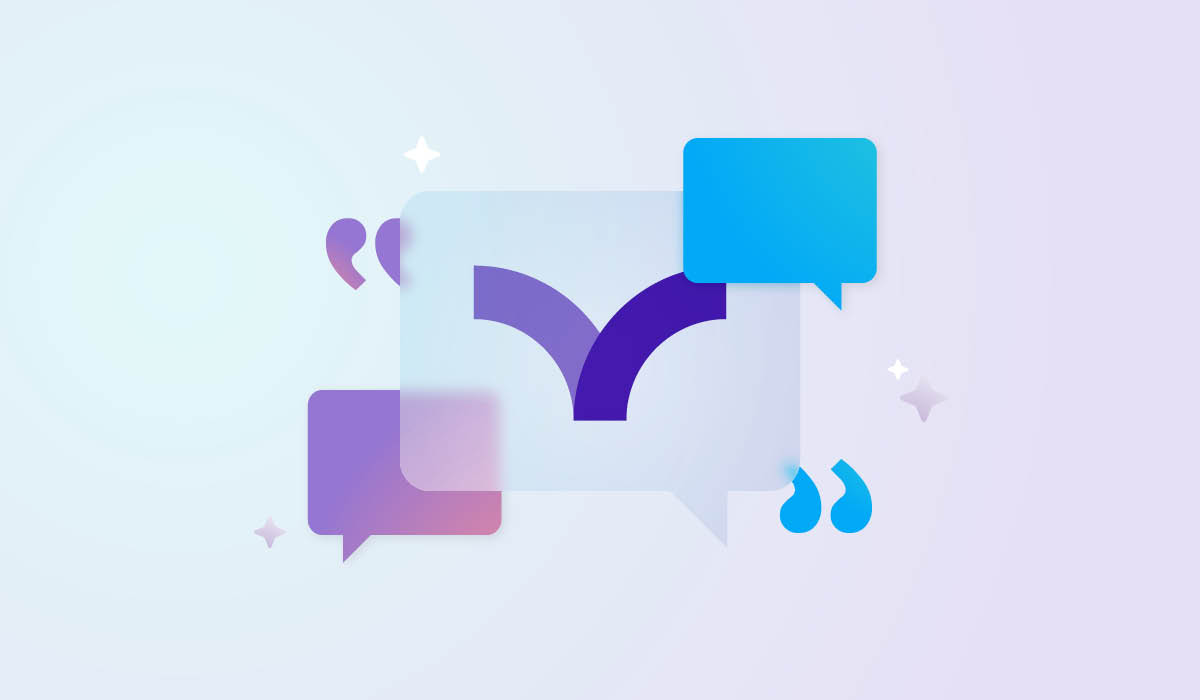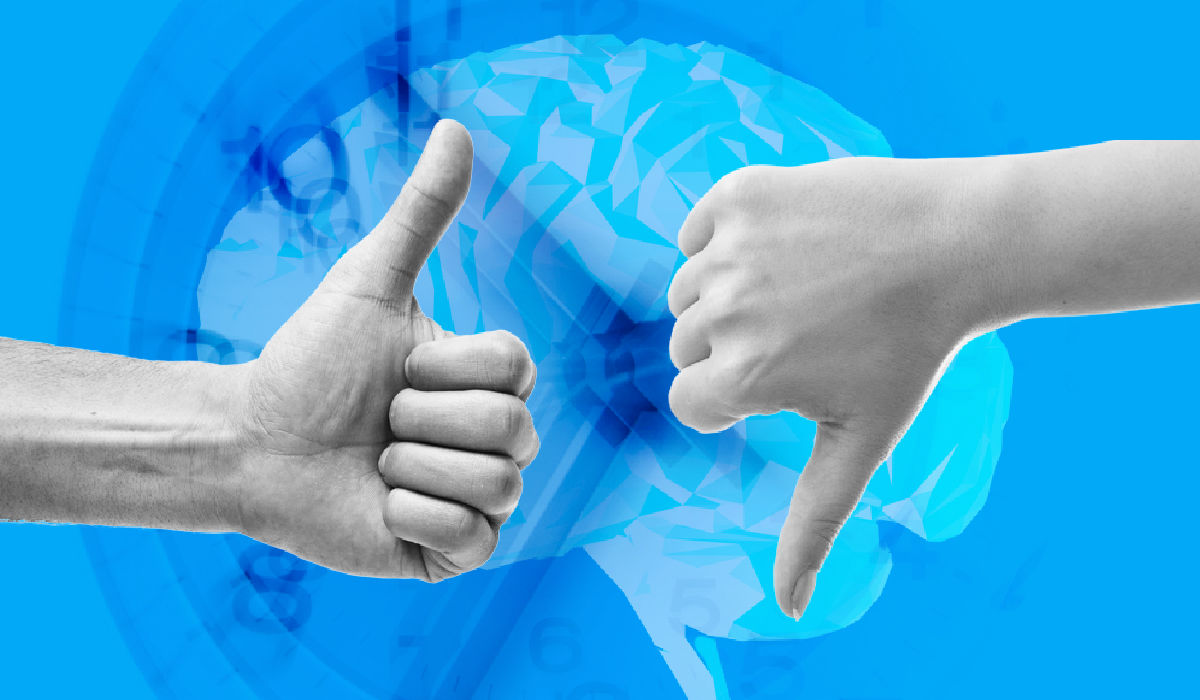What Is AI HR Software?
AI HR software is quickly becoming an essential in HR technology. Learn how to use it to improve HR metrics like employee engagement and retention, and identify skills gaps to improve talent management and workforce planning.
Get a Demo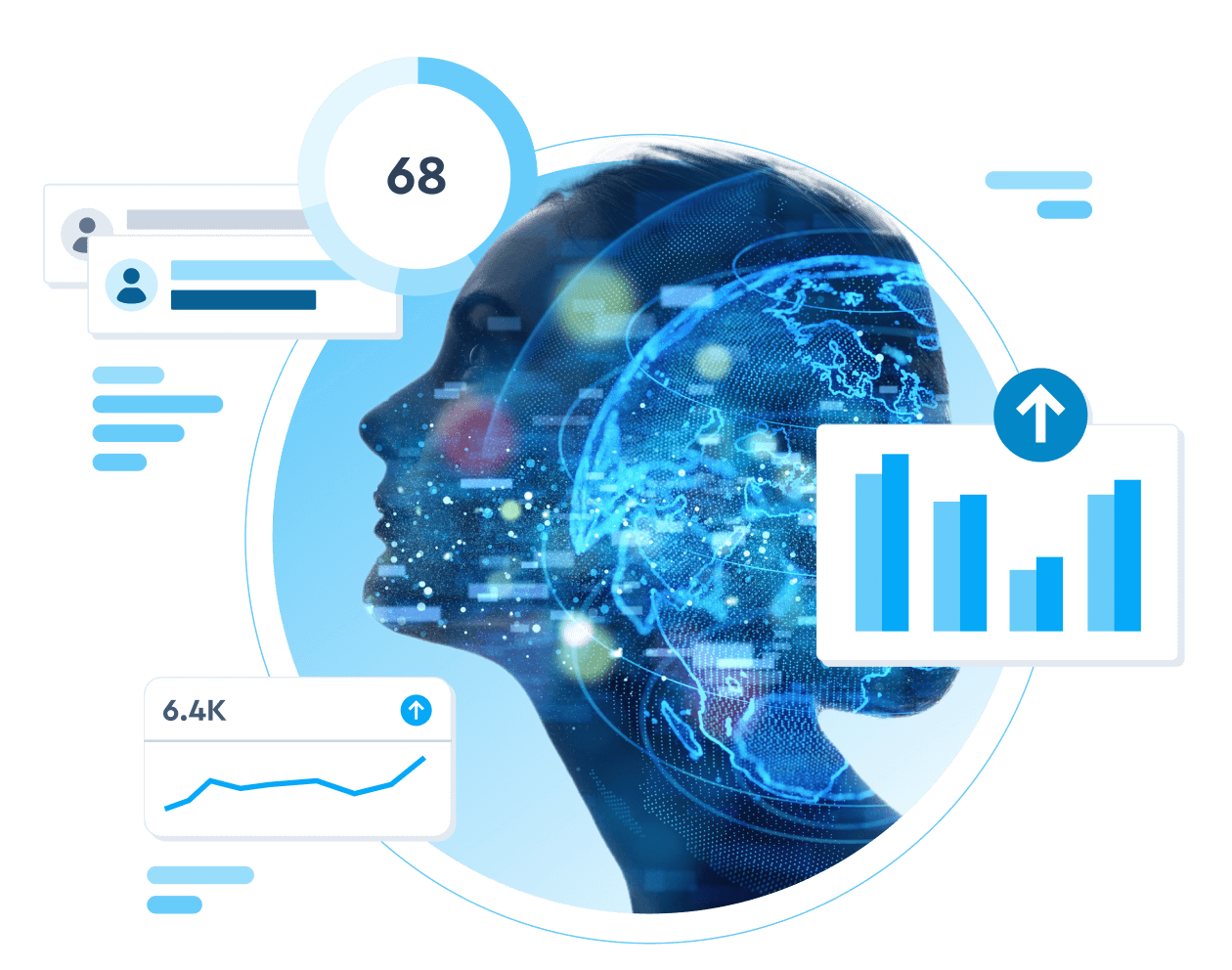
Table of contents
What is the best use of AI in HR?Key features of cutting-edge AI HR softwareBenefits of implementing AI in HR processes6 ways to use AI HR softwareChallenges of integrating AI into HR processesFinding the right AI HR software for your organizationWhether you realize it or not, chances are you interact with artificial intelligence (AI) software and tools frequently. AI powers chatbots that many companies use to interact with consumers, and it’s also behind popular interactive devices like Alexa and Siri.
Generative AI (GenAI) is a subset of artificial intelligence (AI) that is capable of creating content or information including images, text, and even music, based on prompts. The use of AI has become common in organizations and industries of all kinds and across all functions—including HR—and is increasing as innovations with GenAI continue.
AI HR software has the potential to transform HR functions by eliminating repetitive tasks, enhancing decision-making capabilities, and improving the overall employee experience.
What is the best use of AI in HR?
One of the great promises of AI in HR is the ability to automate tasks. For instance: resume screening, scheduling interviews, and answering employees' frequently asked questions. AI be used to analyze employee data to identify patterns and trends that inform strategic workforce planning, talent mobility, and promotions. AI can be used in HR's talent acquisition process to match job requirements with candidate profiles, resumes, and applications.
AI-powered chatbots can handle routine employee inquiries and provide instant responses, reducing the need for HR staff to personally address these questions. And, because it’s technology, it doesn’t need time off, meaning employees can have access whenever they need it on a 24/7/365 basis.

Enhancing HR functions with AI technology
AI has the potential to enhance multiple HR functions, including:
HR operations. AI can automate a wide range of administrative tasks including leave management, payroll processing, and employee recordkeeping.
Recruitment and talent acquisition. AI can streamline the recruitment process by automatically screening resumes, conducting initial candidate assessments, and identifying top talent based on predefined criteria.
Onboarding. AI can be used to improve the onboarding experience by providing personalized training materials, answering questions, and guiding new hires through the process.
Employee help desks. AI-powered chatbots can handle employee inquiries, and respond to commonly asked questions.
People analytics. AI algorithms can analyze large volumes of HR data providing insights that can be used in talent acquisition, retention, and employee development.
Workforce planning. AI can analyze historical data and predict future workforce needs.
Learning and development. AI can personalize learning and development opportunities based on individual preferences and needs.
And that’s really just the tip of the iceberg. The advanced features offered by today’s AI-enabled HR software provide a number of important features that can be used to improve processes, save time, and enhance service—all freeing HR staff and leaders to focus on more value-added tasks.
Key features of cutting-edge AI HR software
Cutting-edge AI HR software typically includes a range of advanced features designed to optimize HR processes. These include:
Natural language processing (NLP). NLP allows AI systems to understand and interpret human language, both written and spoken. It facilitates chatbots, virtual assistants, and sentiment analysis, allowing employees to interact with HR systems using natural language queries.
Machine learning (ML). ML allows AI HR software to learn from data and improve performance over time. Through ML, AI can analyze patterns, make predictions, and provide personalized recommendations for various HR functions like talent acquisition, performance management, and learning and development.
Predictive analytics. AI HR software uses predictive analytics to forecast future outcomes based on historical data. It can help HR professionals make decisions related to workforce planning, employee retention, performance improvements, and more.
Automation and robotic process automation (RPA). AI HR systems are able to automate repetitive and rule-based tasks, reducing manual effort and increasing efficiency. RPA can handle tasks like data entry and report generation, for instance.
Data integration and connectivity. Innovative AI HR technology can seamlessly integrate and analyze data from multiple sources, to provide a holistic view for comprehensive insights and a deeper understanding of people analytics trends and patterns.
Facial and voice recognition. AI HR software can use facial and voice recognition for identity verification during remote hiring processes, to track employee attendance, and to provide personalized experiences based on individual preferences.
Augmented reality (AR) and virtual reality (VR). AR and VR can enhance training and onboarding experiences by providing immersive simulations, virtual classrooms, and interactive scenarios. These experiences allow employees to learn and practice skills in realistic environments without physical constraints.
Overall, these key features enable organizations to leverage the power of AI to streamline HR processes and enhance overall efficiency. And, of course, the technology is continually advancing.

Benefits of implementing AI in HR processes
Many organizations have successfully implemented AI in HR processes to enhance efficiency and improve decision-making. For example, Unilever uses AI algorithms to analyze employee data and identify factors that contribute to high performance and employee engagement. This data-driven approach has helped Unilever optimize talent acquisition and development strategies, resulting in improved business performance.
Implementing AI in HR processes can offer numerous benefits:
AI can improve decision-making processes, allowing HR professionals to analyze large volumes of data and provide data-driven insights.
AI can enhance the employee experience by personalizing learning and development opportunities and providing instant responses to employee inquiries through chatbots.
AI systems can be designed to reduce bias and enhance fairness in HR decision-making processes. By using standardized criteria and algorithms, for instance, AI can provide objective evaluations based on performance data, reducing potential biases.
Implementing AI in HR processes can yield cost savings, efficiency, and a more positive employee experience. There are a number of specific ways AI can be put to use within the HR function.
6 ways to use AI HR software
Many organizations have successfully implemented AI in HR processes to enhance efficiency and improve decision-making. For example, Unilever, which uses AI algorithms to analyze employee data and identify factors that contribute to high performance and employee engagement. This data-driven approach has helped Unilever optimize talent acquisition and development strategies, resulting in improved business performance.
Implementing AI in HR processes can offer numerous benefits:
AI can improve decision-making processes, allowing HR professionals to analyze large volumes of data and provide data-driven insights.
AI can enhance the employee experience by personalizing learning and development opportunities and providing instant responses to employee inquiries through chatbots.
AI systems can be designed to reduce bias and enhance fairness in HR decision-making processes. By using standardized criteria and algorithms, for instance, AI can provide objective evaluations based on performance data, reducing potential biases.
There are a number of specific ways AI can be put to use within the HR function. Here are six examples of how teams can leverage AI HR software across the employee lifecycle, from recruitment to talent development, and retaining high performers.
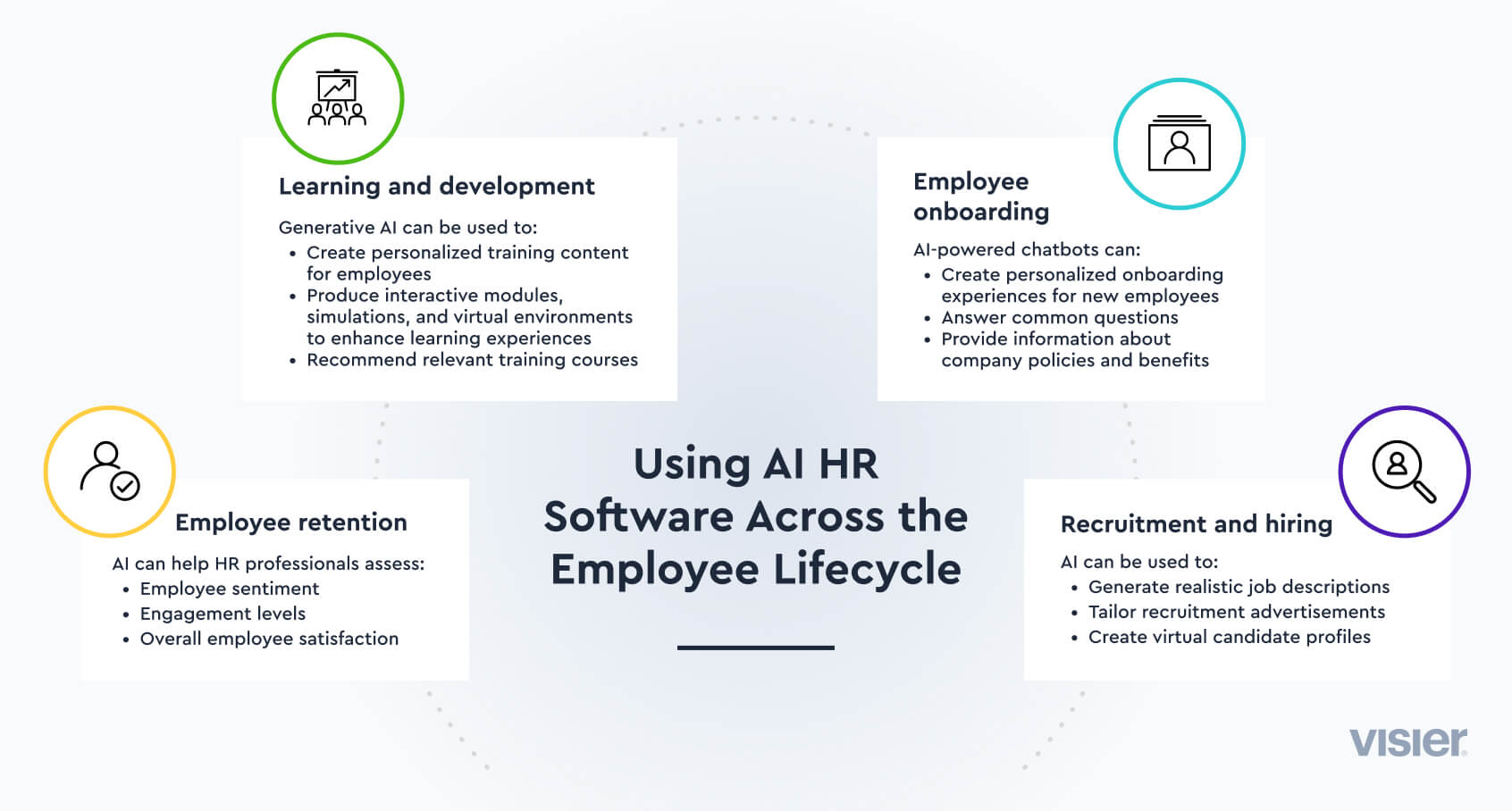
1. Improving recruitment and talent acquisition with AI HR software
AI HR software can significantly improve recruitment and talent acquisition processes from job posting to onboarding. AI algorithms can analyze job descriptions and candidate profiles to identify the best matches, saving HR professionals time and effort in the screening process. AI-powered chatbots can engage with candidates, answer their questions, and schedule interviews, providing a seamless and efficient candidate experience. AI can also help eliminate bias in the recruitment process by focusing on objective criteria and minimizing human biases.
By improving recruitment and talent acquisition processes, AI HR software helps organizations attract and select best-fit candidates more efficiently and effectively.
2. Improving employee performance evaluation with AI HR software
AI can play a crucial role in employee performance evaluation by providing objective and data-driven insights. AI HR software can analyze various data points, such as performance metrics, feedback from managers and peers, and employee engagement data to provide a comprehensive view of an employee's performance. Taking a data-driven approach through the use of AI helps eliminate biases and subjectivity that may be present in traditional performance evaluations. AI algorithms can also identify patterns and trends in performance data, helping HR professionals identify areas of opportunity for improvement and targeted development opportunities.
By leveraging AI in employee performance evaluation, organizations can ensure fair and accurate assessments, leading to improved employee engagement, productivity, and overall performance.
3. Identifying skill gaps and training needs with AI HR software
AI HR software can play a significant role in identifying skill gaps and training needs within an organization. By analyzing employee data, such as performance metrics, learning history, and career aspirations, AI algorithms can identify areas where employees may be lacking skills or knowledge. This information can then be used to develop personalized training and development plans for employees, ensuring that they receive the necessary resources and support to enhance their skills. AI HR software can also recommend relevant learning opportunities, such as online courses or workshops, based on individual employee profiles and development goals.
By leveraging AI to identify skill gaps and training needs, organizations can ensure that their workforce remains competitive and equipped with the necessary skills for future success.

4. Handling employee engagement and satisfaction with AI HR software
AI HR software can play a significant role in handling employee engagement and satisfaction by personalizing and enhancing the employee experience. AI-powered chatbots can provide instant responses to employee inquiries, ensuring that employees receive timely and accurate information. These chatbots can also gather feedback from employees and provide personalized recommendations for learning and development opportunities based on individual preferences and needs. AI algorithms can analyze employee engagement data to identify factors that contribute to employee satisfaction and engagement, enabling HR professionals to take proactive measures to improve the employee experience.
By leveraging AI HR software, organizations can create a more personalized and engaging employee experience, leading to increased satisfaction and retention.
5. Assisting in workforce planning and forecasting with AI HR software
AI HR software can assist in workforce planning and forecasting by analyzing historical data and predicting future workforce needs. By analyzing data on employee turnover, retirement rates, and business projections, for instance, AI algorithms can forecast future workforce gaps and surpluses. This information allows HR professionals to proactively plan for recruitment, training, and development initiatives to address these gaps. AI HR software can also analyze workforce demographics, skills, and performance data to identify potential succession candidates for key roles.
By leveraging AI in workforce planning, organizations can ensure that they have the right talent in place to meet future business needs, reducing the risk of skills shortages or talent gaps.
6. Supporting diversity and inclusion initiatives with AI HR software
AI HR software can support diversity and inclusion initiatives by minimizing bias in HR processes and promoting equal opportunities. By using AI algorithms to screen job applications, organizations can ensure that candidates are evaluated based on objective criteria, reducing the risk of unconscious biases influencing hiring decisions. AI HR software can also analyze employee data to identify potential biases in performance evaluations, promotions, or training opportunities, allowing HR professionals to address these biases proactively.
By leveraging AI in supporting diversity and inclusion initiatives, organizations can ensure they are building a diverse and inclusive workforce and a culture that contributes to belonging, engagement, and longevity.
While AI in HR obviously offers some clear benefits and obvious use cases, it’s important to also be aware of some potential challenges.
Challenges of integrating AI into HR processes
Introducing technology of any kind into the workplace always comes with both rewards and potential risks. AI is no different. As we’ve seen, there are many benefits and applications for the use of AI in HR. There are, though, some challenges and potential risks that HR leaders need to be aware of.
1. Data availability and quality
One of the main challenges in implementing AI in HR is ensuring the availability and quality of data. AI algorithms rely on large volumes of accurate and relevant data to deliver meaningful insights and predictions. However, organizations often face data fragmentation, where data is stored in different systems or formats. This makes it challenging to aggregate and integrate the data necessary for AI applications.
In addition, data quality issues like incomplete or inconsistent data can impact the effectiveness of AI algorithms. Addressing these challenges requires organizations to establish robust data management processes, invest in data integration tools, and implement data cleansing techniques to ensure the data used for AI is accurate, complete, and accessible.

2. Bias in AI algorithms
Another challenge is the potential for bias in AI algorithms used in HR processes. If the training data used to develop AI models is biased or reflects existing inequalities, it can perpetuate those biases in HR decisions and perpetuate unfair treatment. For example, biased recruitment algorithms may favor certain demographics, leading to a lack of diversity in the workforce.
Organizations must proactively monitor and evaluate the performance of AI algorithms, identify and address biases, and ensure fairness and equal opportunities for all employees. This involves regular auditing and testing of AI models, diversifying training data, and involving a diverse group of stakeholders in the development and evaluation processes.
3. Resistance and acceptance
Resistance from employees and HR professionals can hinder the successful implementation of AI in HR processes. Some individuals may be skeptical or fear that AI will replace their jobs or lead to unfair decision-making. Clear communication and transparency about the purpose, benefits, and limitations of AI in HR are crucial to address these concerns.
It’s important to provide training to employees and HR professionals to enhance their understanding of AI and its role in augmenting, rather than replacing, human decision-making. By involving employees and stakeholders throughout the implementation process and addressing their concerns, organizations can foster acceptance and gain support for AI-powered HR initiatives.
4. Data privacy and security
Implementing AI HR software requires careful attention to data privacy and security. HR departments handle sensitive employee information, and organizations must ensure that AI HR software complies with data protection regulations and safeguards employee data appropriately. This includes implementing strong data encryption, access controls, and secure storage practices. Regular security audits and assessments should be conducted to identify and address any vulnerabilities in the AI HR software or data handling processes.
5. Ethical considerations
AI HR systems need to adhere to ethical guidelines and principles. This includes ensuring privacy, transparency, and fairness in the use of AI. Organizations must be mindful of potential ethical dilemmas, such as using AI algorithms for predictive analytics that may have discriminatory impacts or infringe on employee privacy.
Clear policies and guidelines should be established to govern the responsible use of AI in HR processes, including how AI decisions are made and the steps taken to address any unintended consequences or biases.
Finding the right AI HR software for your organization
AI software in HR has the potential to transform HR functions by automating tasks, improving decision-making capabilities, and enhancing the overall employee experience. It can be used to automate administrative tasks, streamline recruitment and talent acquisition, improve onboarding experiences, handle employee inquiries, provide people analytics, aid in workforce planning, and personalize learning and development opportunities.
However, there are challenges to consider, including data availability and quality, bias in AI algorithms, resistance and acceptance, data privacy and security, and ethical considerations. Addressing these challenges requires robust data management processes, monitoring and addressing biases, clear communication, training, ensuring data privacy and security, and adhering to ethical guidelines and principles.
Ultimately, though, the use of AI software in HR has the potential to revolutionize HR practices and create a more efficient and inclusive workplace.
